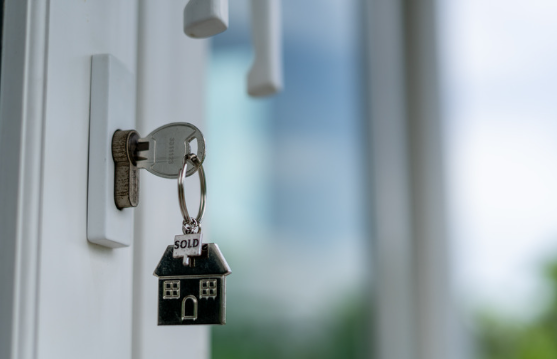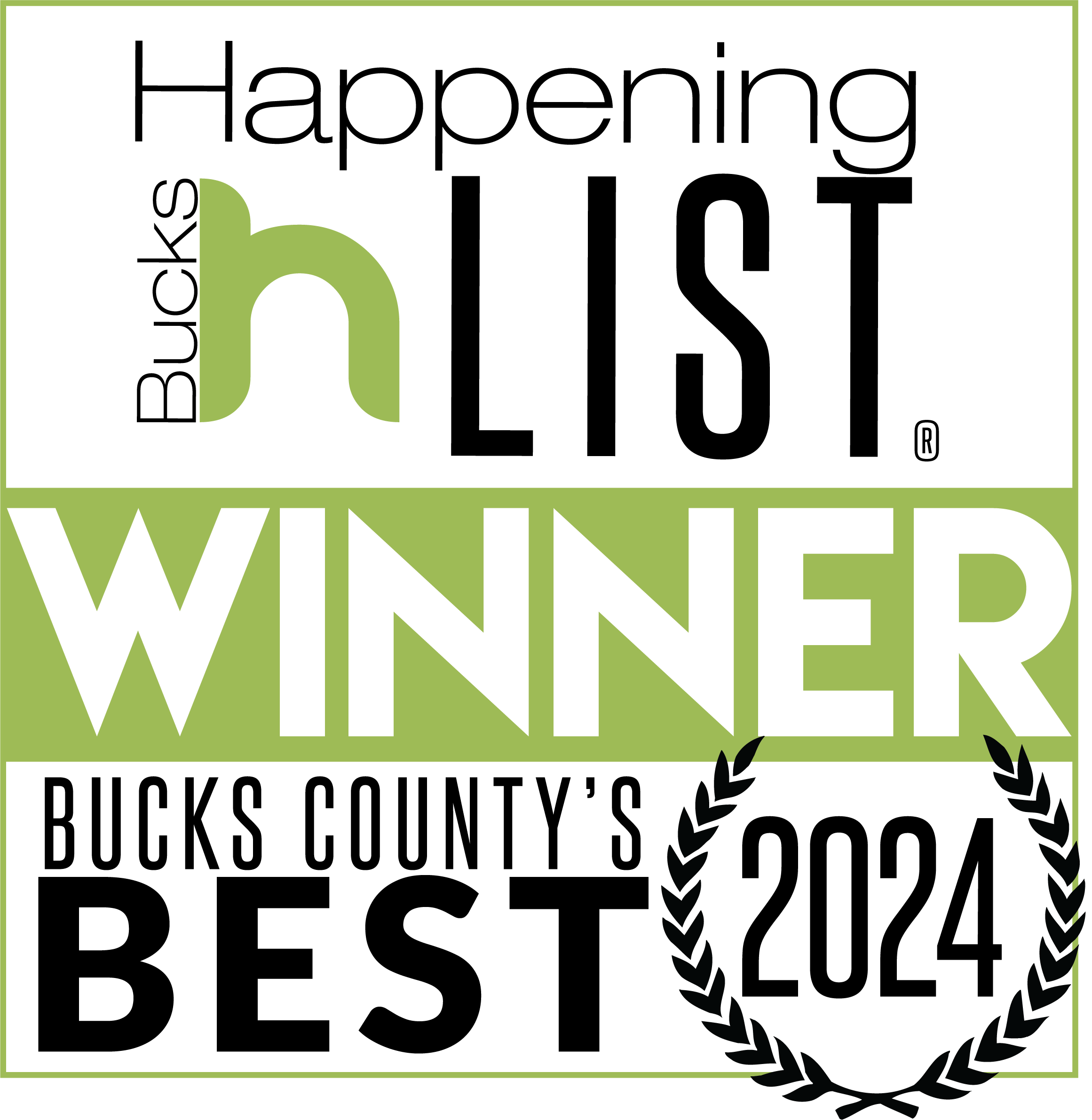Stay Flexible to Improve Your House-Hunting Odds
Buying a house is likely the largest purchase you’ll ever make, and it’s also an investment (hopefully, a good one). Understandably, you want your home to be everything you desire it to be, especially after spending so much money. But it’s important to stay flexible when house hunting, otherwise, you might hurt your chances of becoming a homeowner.
Consider Compromising on These Six Things When Searching for a House
If you’re unwilling to make any compromises when you’re looking for a house, you’ll find you’re saying no to every single home. It’s fine if you don’t want to settle, nor should you if a home is in disrepair, has potential major problems, or pushes you outside your financial comfort zone.
But a few compromises are inevitable during any home search, especially if you’re a first-time homebuyer. The more homes you buy, the fewer compromises you’ll likely need to make, but keep an open mind whether it’s a starter home or your forever palace.
1. Location
Okay, you always hear about how you can change a lot about a home, but not its location. Location, location, location — it’s what real estate is all about, right? However, if you zero in on one specific area for your home search, you significantly limit your options.
Consider widening your search radius if you aren’t finding any good contenders. This doesn’t mean you need to move an hour away from your desired neighborhood, but a few streets over, or 15 minutes east or west could make a big difference.
A few other compromises that fall under the location category are commute time, proximity to family, and school districts. Recognize that you may not be able to get all of these things with one property. It’s worth prioritizing these factors to help you make your decision.
2. Home And Lot Size
Don’t get too specific about your square footage preference. For example, instead of saying you want a home that’s 3,500 square feet, use a range, like 2,800 to 3,600. Do you prefer a small, medium, large, or enormous home? How much space do you actually need? Know your absolute minimum (be realistic) and go from there.
If using an online search filter, put in your non-negotiable minimum and leave the maximum field empty. Otherwise, even a home that’s one square foot over your max won’t come back in your results. Getting too specific with any online search filter reduces your results dramatically.
Similarly, be flexible with your lot size. Maybe you dream of having a big backyard, but do you need one? Can you bring your kids or dogs to a nearby park instead?
Do you love gardening or do you despise lawn care? There are ups and downs to a large backyard, so weigh your options, and recognize that a smaller yard may be the way to go, at least in a place that isn’t your forever home.
3. The Age Of A Home
You miss out on a lot of great houses if you hold out for only new-construction homes or properties that are only five years old or newer. This doesn’t mean you need to buy a rickety, old fixer-upper. But don’t ignore homes that are 20, 30, or 40 years old, etc.
4. Special Amenities and Features
If you skip a house because it doesn’t have a special feature, like a fireplace or pool, you could miss out. Depending on the home, you could likely add the features you want over time.
The reverse is also true. Don’t turn down a home because it has a feature you don’t want. In time, you could likely remove the unwanted item.
5. Cosmetic Fixes
Understandably, you don’t want to take on a fixer-upper or a home with major problems. But don’t ignore a house simply because it has a few cosmetic defects. Any home you buy will likely have problems you need to address or cosmetic features you want to change (even brand-new houses).
Start the search for a home, here: https://cbhre.com/search
Check out more from CBHearthside here: https://linktr.ee/coldwellbankerhearthside

 Facebook
Facebook
 X
X
 Pinterest
Pinterest
 Copy Link
Copy Link






